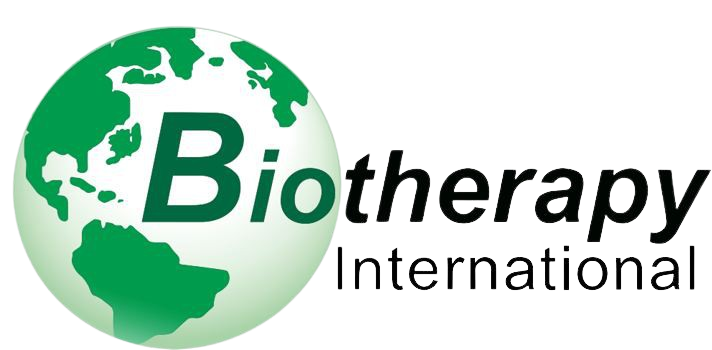What is the most effective cancer treatment?

In the last decade, the choice of cancer treatments available to patients has greatly expanded. The rapid development of innovation in this field has replaced decades of stagnation when the only ways to fight this terrible disease were surgery, chemotherapy, or radiation therapy. What really matters to the patient, however, is not the number of treatment options out there, but whether there is one that will lead to a cure for that particular patient.
For patients, determining which treatment will be the most effective and give them the best chance of recovery is a difficult choice – and yet, it is an extremely important one. By choosing the right therapy, the patient will have the best chance of being cured or at least prolonging a full, independent life.
So, let’s look at the factors behind this decision.
What are the criteria for success in the fight against cancer?
When it comes to fighting cancer, the first thing to do is to define what constitutes “success” in treatment. Generally, oncologists prefer to avoid definitions such as “complete” or “lifelong” recovery.
Instead, in the case of successful therapy, they use the term “remission“: this is when cancer disappears or becomes so small in size that it cannot be recognized. One thing is important to note here: when a doctor says “the patient is cured” in an ordinary disease, he means that he is cured forever. But remission is, by definition, temporary. Therefore, the goal of an oncology treatment is to prolong remission as long as possible.
The concept of success includes two other related criteria. The first is the likelihood of metastases, that is, the spread of cancer throughout the body. As a rule, in this negative scenario, cancer becomes more dangerous and fatal than in the originally localized tumor.
Second criterion: the patient’s quality of life before and after achieving remission. Success is measured by the presence or absence of side effects and other negative factors that, over time, can manifest themselves and worsen the patient’s health.
Is there any “best” method of cancer treatment?
No, there isn’t. That’s because all types of cancer are different. For example, breast cancer fundamentally differs from glioma, melanoma, or leukemia. Even among those cancers that affect the same organ, oncologists are dealing with a variety of mutations within the same species, and each case may be due to only slightly different types of cellular mutations.
However, even minimal differences ultimately affect how cancer cells respond to treatment. Thus, a course of chemotherapy or an anti-cancer vaccine that may completely eliminate breast cancer in one patient will be of no benefit to another one. If the mutation responds more quickly to the chosen treatment protocol, then the patient will have a shorter path to remission. This is what it all comes down to, as it increases the patient’s chances of achieving long-term or indefinite remission.
So, each type of cancer is different from others. Consequently, the best chance of success lies in the direction of fully personalized medicine. And the choice of a course of treatment is not only based on general treatment approaches but above all, on the mutation that has arisen in each individual patient. This is the approach of precision medicine, and it is the future of cancer treatment.

